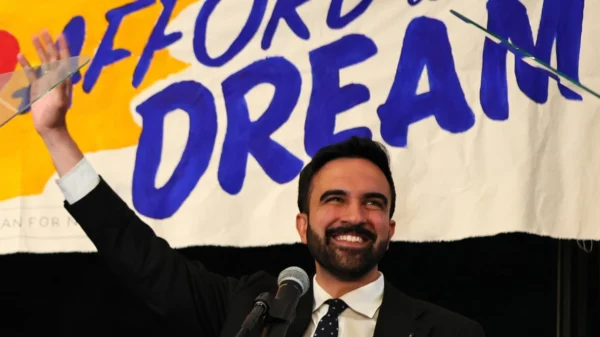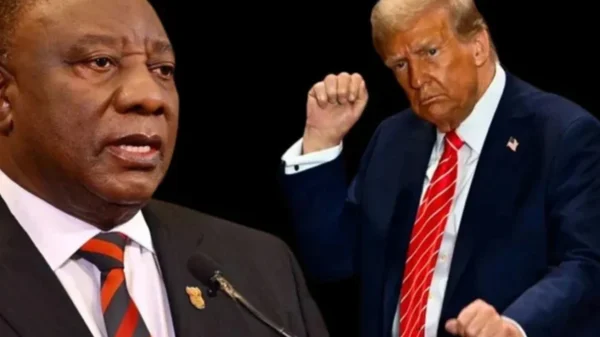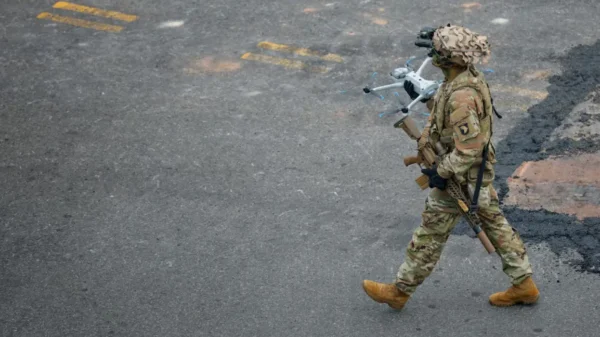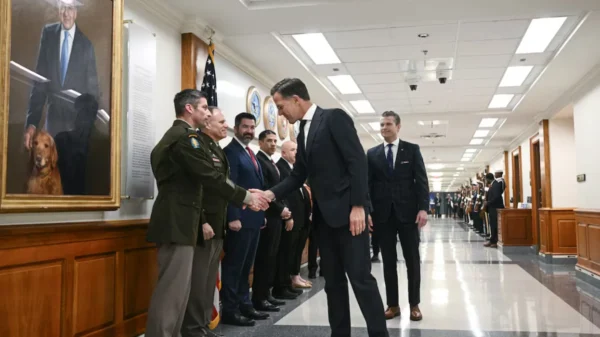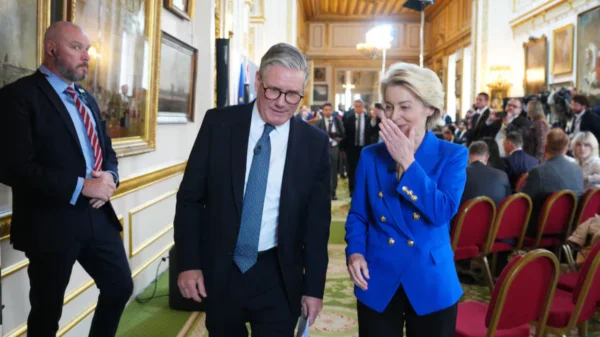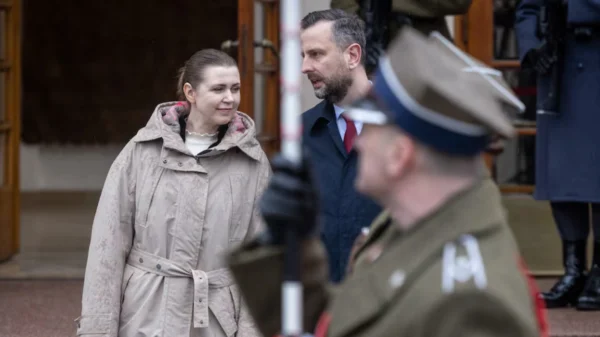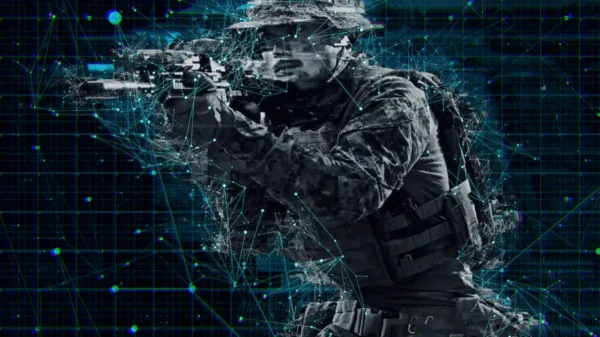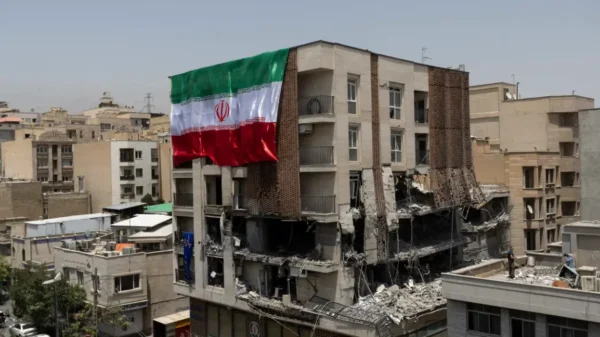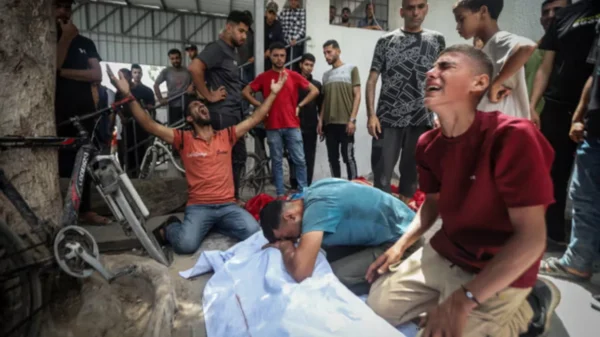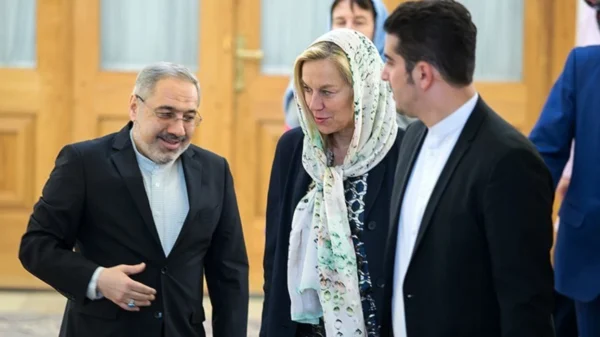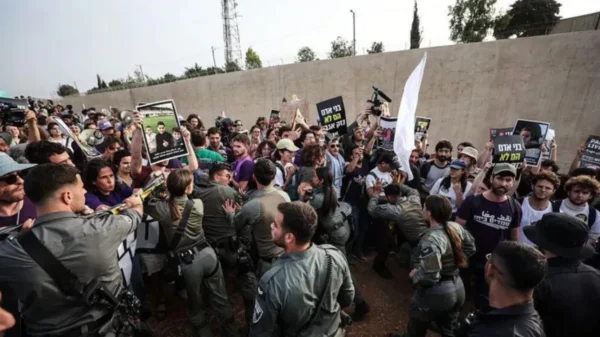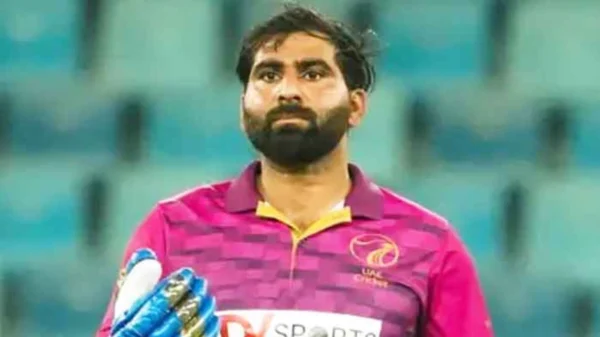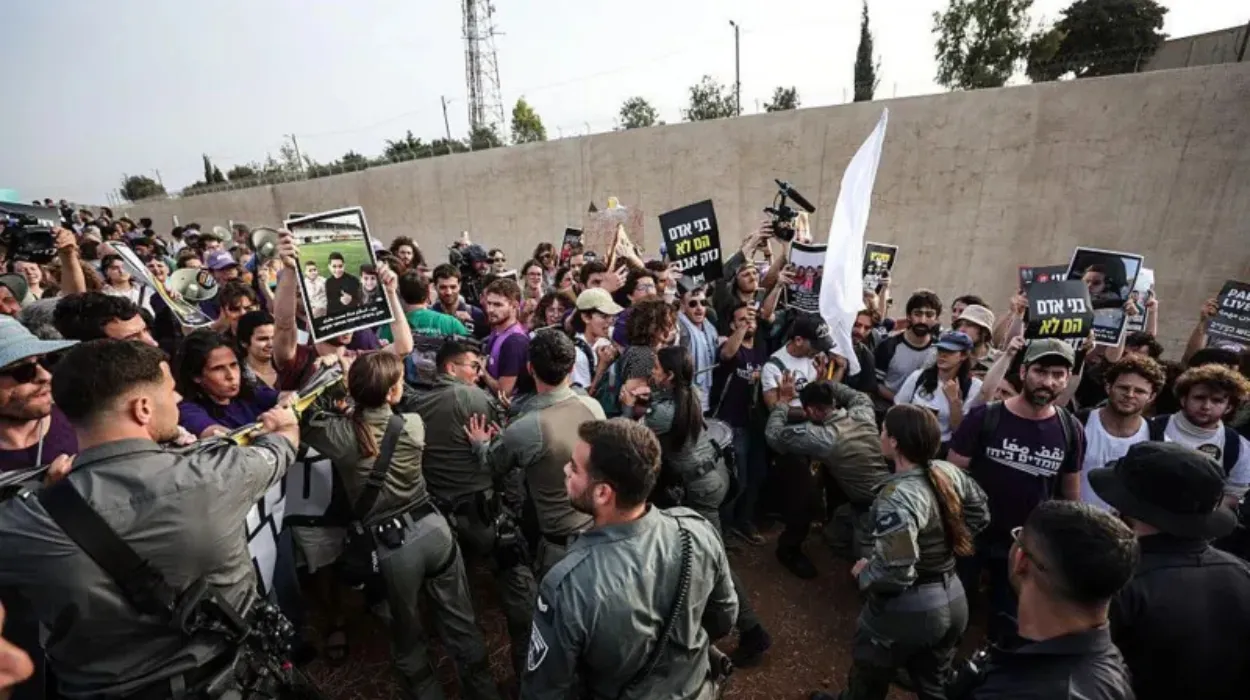As the conflict in Gaza and the broader regional tensions continue, a notable shift is emerging within Israeli society. While early phases of the war saw widespread public support for military operations, recent weeks have witnessed growing frustration and anger over the conduct of the war, its humanitarian consequences, and the political leadership’s handling of the crisis.
Rising Discontent Amid Military Campaigns
Israeli Prime Minister Benjamin Netanyahu’s government has been under intense scrutiny following the October 7 Hamas attacks and the subsequent military response in Gaza. Though Netanyahu’s recent strikes against Iran have bolstered his political standing domestically, the ongoing conflict in Gaza remains a source of deep unease among many Israelis.
The military campaign in Gaza has drawn criticism for its heavy toll on civilians and the prolonged nature of the fighting. Israeli media, largely supportive of the government’s position, have amplified war rhetoric, but some outlets and segments of the population are beginning to question the strategy and its consequences.
A poll conducted recently revealed that while 83% of Jewish Israelis supported the airstrikes on Iran, there is a growing sense that the war in Gaza is dragging on without clear resolution. Many Israelis are increasingly concerned about the humanitarian crisis unfolding in Gaza, with the enclave suffering from severe shortages of food, water, and medical supplies due to the Israeli blockade.
Public Opinion Reflects Complex Sentiments
Surveys by the Institute for National Security Studies show a complex picture of Israeli public opinion. Trust in the Israel Defense Forces (IDF) and other security institutions remains high, with over 80% expressing confidence in the military’s capabilities. However, nearly half of respondents believe the government lacks a clear plan to end the Gaza conflict.
Support for the war’s objectives remains strong, with about 63% of the public expecting an Israeli victory in Gaza. Yet, there is a notable rise in the number of Israelis who want the war to end soon, reflecting war-weariness and concern over the human and economic costs.
A significant portion of the population, around 64%, holds the belief that “there are no innocents” in Gaza, indicating hardened attitudes and a polarized society grappling with the moral complexities of the conflict.
Political Divisions and Leadership Challenges
Within Netanyahu’s administration, hardline voices advocate for a prolonged military presence in Gaza and a complete dismantling of Hamas. Far-right coalition partners like Minister Bezalel Smotrich have called for decisive action to “destroy Hamas and return our hostages,” signaling little appetite for compromise.
However, this stance faces growing domestic and international pressure. Former US President Donald Trump has publicly urged Israel to conclude the conflict, emphasizing peace promotion in the region as a priority.
Political analysts suggest that Netanyahu may leverage recent military successes against Iran to consolidate his coalition and possibly call early elections. Yet, the ongoing Gaza conflict complicates his political calculus, as public patience wears thin.
Media’s Role in Shaping Perceptions
Israeli media plays a critical role in framing the war narrative. Mainstream outlets have largely supported government policies, often emphasizing security concerns and portraying Israel as a victim of aggression.
Nonetheless, critical voices exist. Publications such as Haaretz and independent outlets like +972 Magazine have reported on the humanitarian impact in Gaza and raised questions about military tactics, including the use of AI in targeting and the misidentification of civilian areas.
Experts note that Israeli media often employs emotionally charged language when covering attacks on Israeli facilities, while downplaying or ignoring the suffering of Palestinians. This selective coverage contributes to a public discourse that is increasingly polarized.
Societal Impact and Solidarity
Despite the divisions, there is evidence of strengthened social solidarity within Israel. Nearly half of the population believes that the sense of unity has increased during the conflict, with many supporting reserve duty call-ups and expressing resilience in the face of ongoing hostilities.
However, feelings of personal security vary, with about a third of Israelis reporting low or very low security perceptions. The prolonged conflict and uncertainty about its outcome contribute to anxiety across communities.
The Path Forward: Calls for Resolution
As the war enters its seventh month, voices calling for a negotiated resolution grow louder. Families of hostages held by Hamas, human rights advocates, and some political figures urge Netanyahu’s government to seek a ceasefire and secure the release of captives.
The challenge remains balancing military objectives with humanitarian concerns and political realities. Netanyahu’s coalition includes hardliners opposed to concessions, while international actors, including the US, push for de-escalation.
The mood in Israel is shifting from initial rally-around-the-flag support toward a more critical and anxious public sentiment. As one Israeli pollster remarked,
“The chapters of history are being written now, but one remains missing—the resolution of October 7.”
Israel faces a pivotal moment as public opinion reflects growing impatience and anger over the war’s conduct. While military successes against Iran have temporarily bolstered Netanyahu’s standing, the unresolved Gaza conflict continues to weigh heavily on Israeli society.
The evolving mood underscores the complex interplay of security, politics, and humanitarian concerns that will shape Israel’s future and the broader Middle East landscape.

